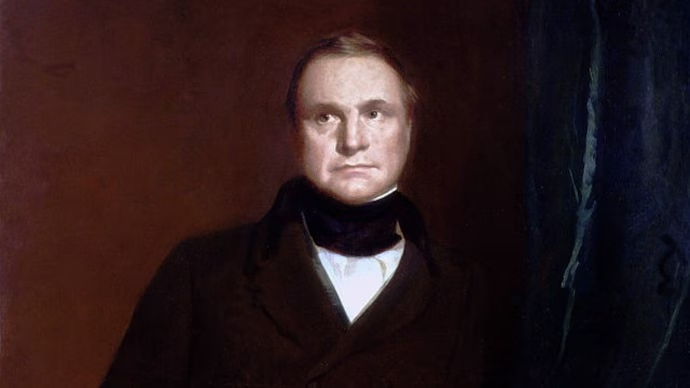On October 18, 1871, Charles Babbage, the pioneering mathematician and inventor, passed away, leaving a profound legacy that shaped the future of computing. Known as the “Father of Computing,” Babbage’s visionary concepts for mechanical computers, specifically the Difference Engine and Analytical Engine, laid the groundwork for the digital age.
Born on December 26, 1791, Babbage exhibited exceptional mathematical talent early in life. Frustrated with the inaccuracies of manual calculations, he envisioned automated computing solutions. This ambition led to his proposal of the Difference Engine in the early 1820s, a mechanical calculator intended to compute polynomial functions accurately. Despite initial government support, the project faced technical challenges and was ultimately abandoned in 1832.
Babbage’s most significant achievement was the Analytical Engine, designed in the 1830s. This machine was groundbreaking, as it could perform any calculation, not just specific tasks. It included essential components of modern computers, such as an arithmetic logic unit and memory, and was programmable using punched cards, a concept inspired by the Jacquard loom.
Though Babbage never saw his inventions come to fruition, his ideas were eventually recognized in the 20th century. A working model of the Difference Engine was constructed in 1991, demonstrating the accuracy of Babbage’s designs. Today, his influence is evident in all aspects of computing, from simple calculators to advanced supercomputers.
As we remember Charles Babbage on the anniversary of his death, we acknowledge the enduring impact of his innovative ideas, which continue to shape technology today.











